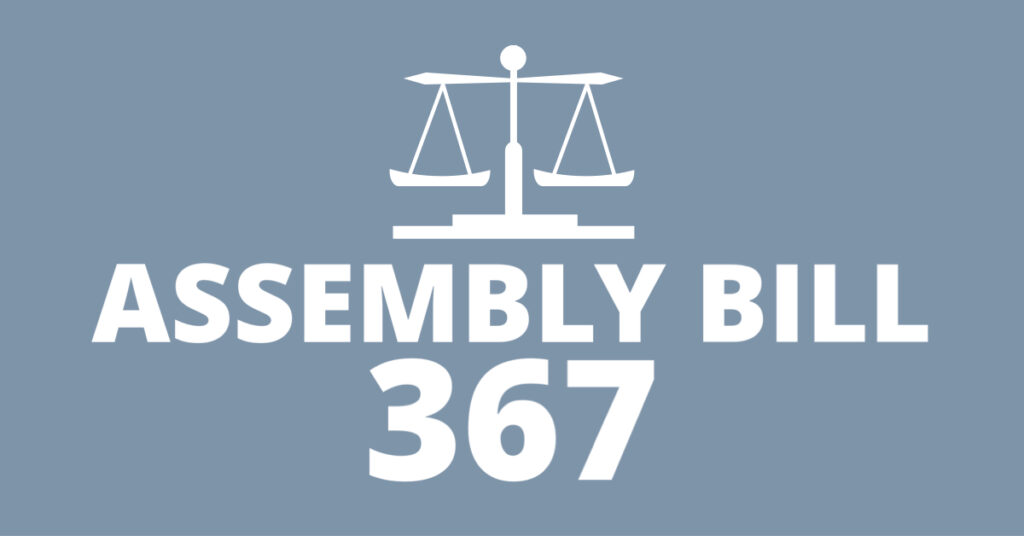Written By Christopher B. Dolan and Katelyn P. Dembowski
Tess from Oakland asks: I saw on the news that California will now require public schools to carry menstrual products. Can you explain how they will implement this and when this will be available for students?
Dear Tess: Thank you for your question. This is incredible news in the advancement of safety and security for all those who menstruate.
On October 8, 2021, Governor Newsom signed AB-367, requiring California public schools and colleges to stock their restrooms with free menstrual products. The Menstrual Equity for All Act of 2021 (AB-367) builds off of a 2017 California law which required low-income schools in disadvantaged areas to provide students with free menstrual products. Specifically, the 2017 law required public schools from grade 6 through grade 12, that met a 40% pupil poverty threshold, to stock 50% of their restrooms with feminine hygiene products. The 2017 bill also prohibited the public schools from charging students for the menstrual products.
The Menstrual Equity for All Act of 2021 requires public schools with grades 6 through 12 to stock all school restrooms with an adequate and free supply of menstrual products in the women’s and all-gender restrooms, and at least in one men’s restroom. Schools are required to implement this for the upcoming 2022-2023 academic school year.
Additionally, the Menstrual Equity for All Act encompasses not only public middle and high schools, but all California State Universities and the community college districts within the state to implement this policy as well. The law also encourages, but does not require, the Regents of the University of California and private universities, colleges, and institutions of higher learning to also stock adequate supplies for all menstruating pupils.
Assemblywoman, Cristina Garcia, led the charge by introducing this life-changing legislation. “Our biology doesn’t always send an advanced warning when we’re about to start menstruating, which often means we need to stop whatever we’re doing and deal with a period,” she stated regarding the new legislation.” Just as toilet paper and paper towels are provided in virtually every public bathroom, so should menstrual products.”
Garcia, who crowned herself the “Period Princess,” gained inspiration for The Menstrual Equity for All Act from a 2020 bill passed in Scotland. Scotland became the first country to make period products available to anyone who needs them in all public places. The Scottish Parliament unanimously passed the bill, which is estimated to cost the country approximately $32 million annually. Worldwide, countries like Britain, Australia, Canada, and India have eliminated taxes on menstrual products and many are working towards having free products available in public places as well.
Unfortunately, access to free and sanitary menstrual products in public spaces is not the norm. According to Women’s Voices for the Earth, more than half the states still tax menstrual products as a “luxury” item. When Women’s Voices for the Earth began tracking menstrual health policies in January 2021, there were only about 20 bills across the United States. As of November 2021, there are now more than 140 bills in 37 states, including 8 bills introduced on the federal level, to advance menstrual equity by requiring free access to period products, eliminating tax, and requiring ingredient disclosures.
The Menstrual Equity for All Act is the latest step in California toward “menstrual equity” in the nation’s most populous state. California has a history of implementing laws that are later echoed in other states, and we can only hope that states will follow suit and continue to push for menstrual equity for all persons who menstruate. This year, California also eliminated a tax on menstrual products, which used to cost Californian’s more than $20 million annually.
It is extremely difficult to have access to safe and sanitary menstrual products for low-income individuals around the world. Over 1.8 billion people around the world menstruate. For millions, stigma, taboo, and a lack of access to sanitary products stop them from participating in work, school, and daily life during their periods. A study conducted earlier this year found that 1 in 4 teens who menstruate said they struggle to afford period products.
Period poverty causes many people to miss out on life and daily activities many of us take for granted. We hope this new law will help many people who menstruate feel more secure when their period comes along, and safer knowing they will have access to sanitary menstruating products.









